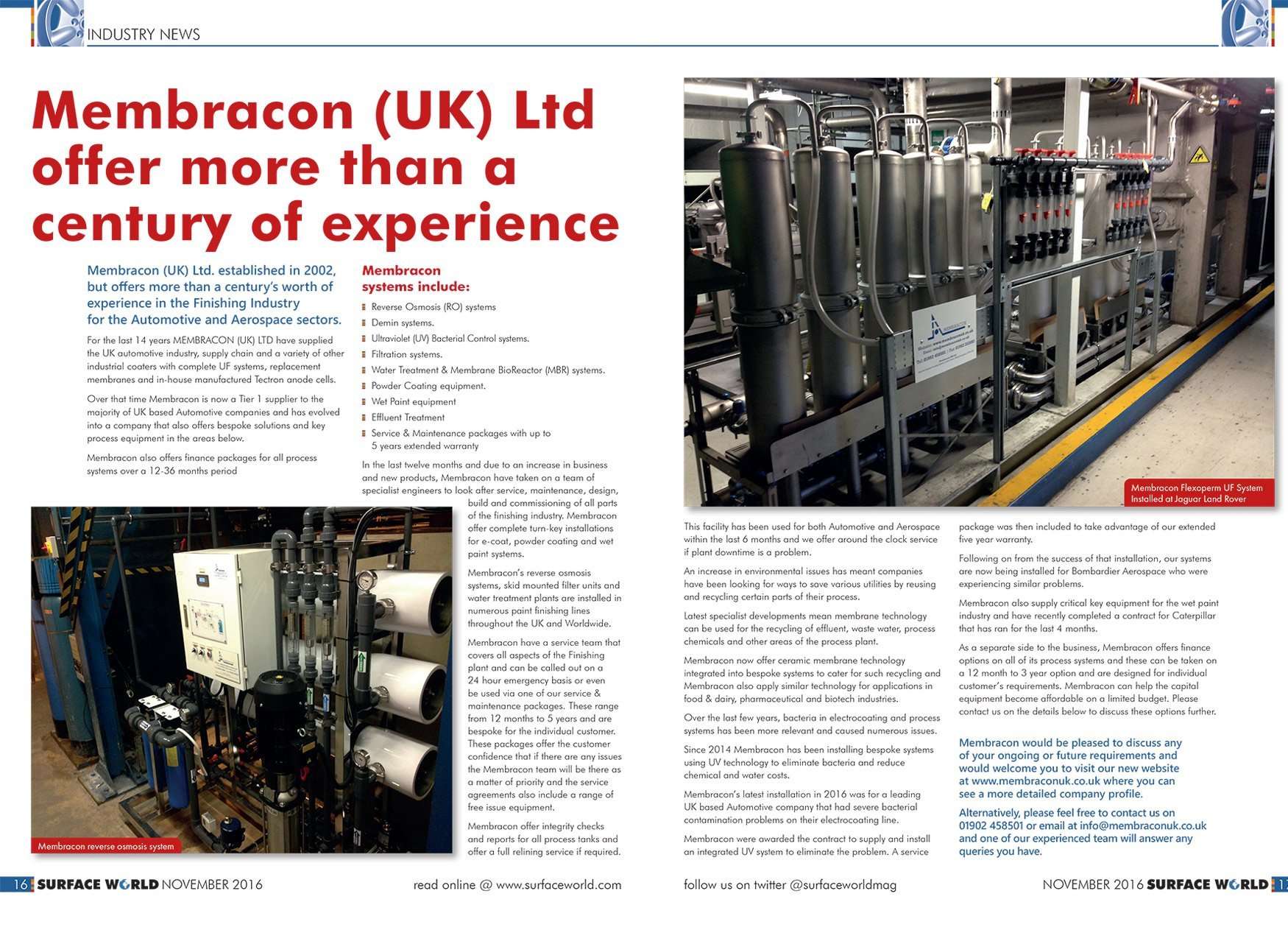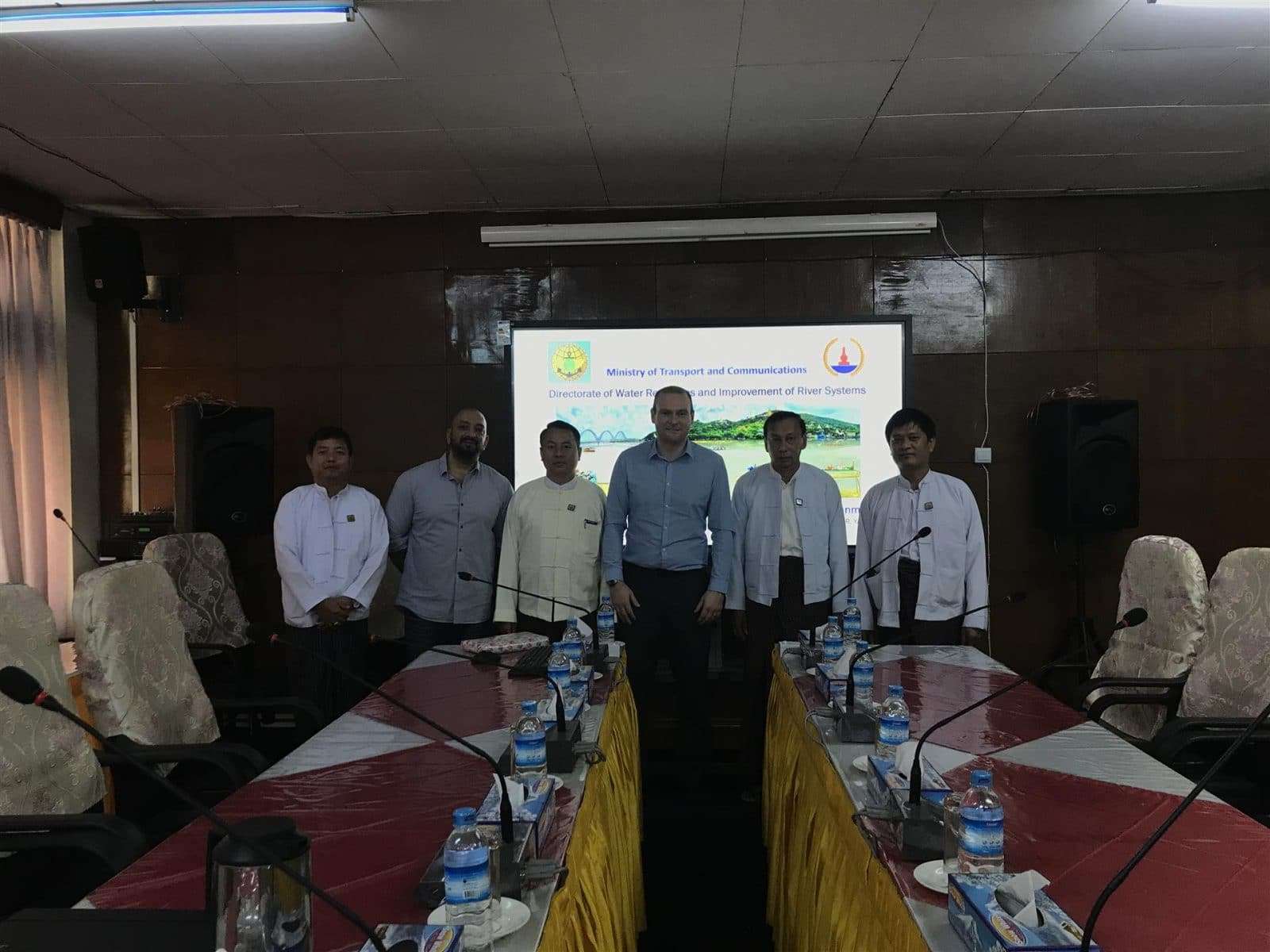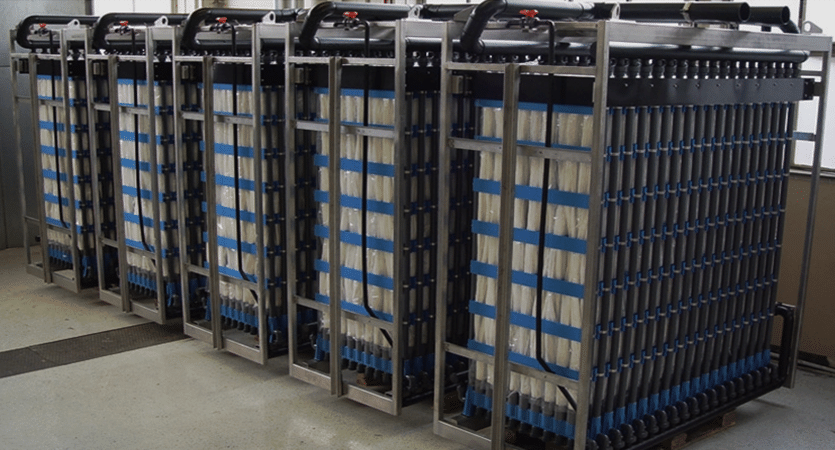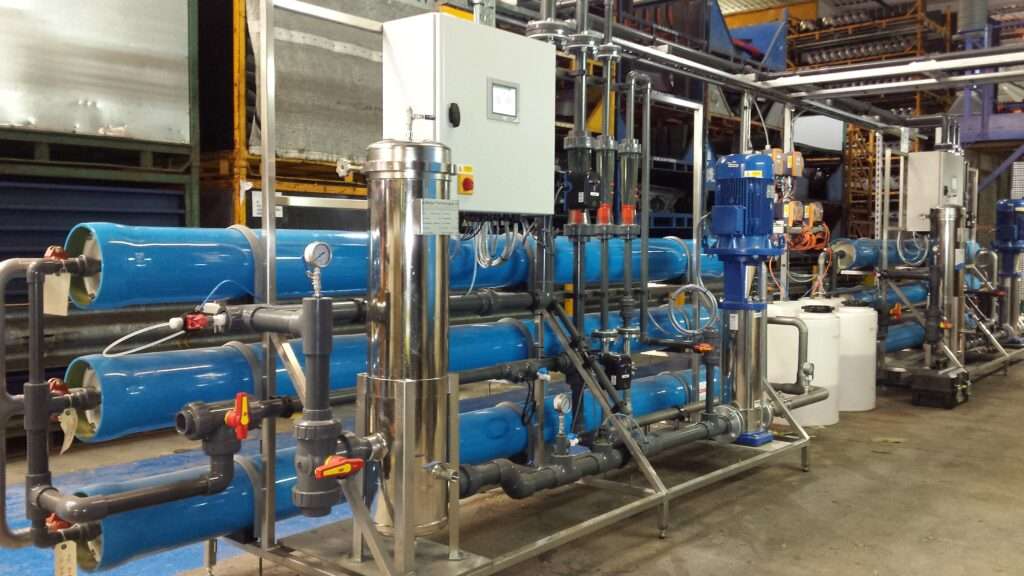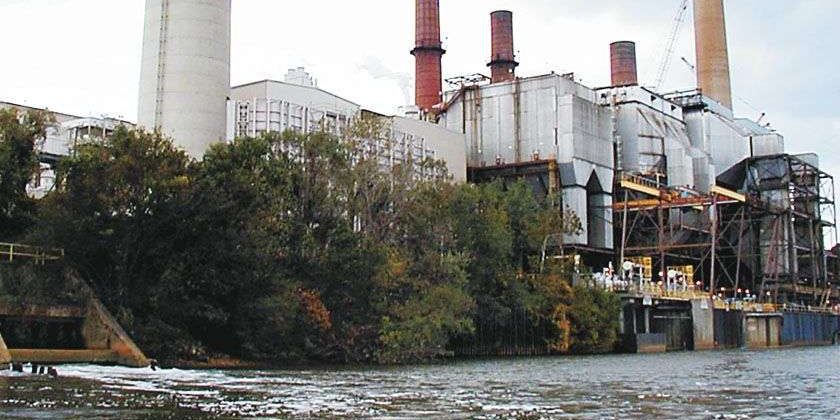
Biological and Chemical Wastewater Treatment Processes
Wastewater treatment involves multiple stages of filtration and purification to return treated water to a specified quality.
Newer water treatment processes can create a greener, cleaner and safer working environment by replacing harmful chemicals, and by enabling recycling, reclamation, or reuse of water that would otherwise be wasted.
Multiple water treatment systems are used on the production line to facilitate this, with biological systems and alternatives to chemical-based systems being the most common, capable of supporting significant flow rates with very little downtime.
Biological processes
Engineers have harnessed biological processes in wastewater treatment for decades. The simplest example of this is activated sludge, where a culture of microorganisms is released into wastewater to consume organic contaminants.
A newer technology is a Membrane Bio Reactor (MBR). This is an alternative to activated sludge, and it has several advantages, including lower waste, higher-quality effluent, higher volumetric loading rates and no need for secondary clarifiers.
Here’s how the process works:
The organic matter, nitrogen and phosphorus are eliminated by the microorganisms inside the reactor, while in the membrane, a separation between the solids (biomass) and the liquid fraction is carried out. The by-product is a high quality effluent, free from suspended solids and turbidity and partially disinfected.
To give you an example, the Membracon Membrane Bio Reactor supports flow rates up to 2,000m3/day with a smaller footprint than sludge tanks, and it produces a superior product.
The technology that enables this process is highly configurable. Membranes can be placed inside the reactor, to reduce filtration energy consumption, or they can have an external configuration, enabling higher flow rates (external configuration is also superior because it can be operated with higher flows in a more stable operation).
Chemical processes
Chemical processes in wastewater treatment include chemical precipitation, chemical disinfection (usually with chlorine, chlorine dioxide or ozone depending on the application) and ion exchange.
While still in use, these processes are increasingly being replaced with other treatment processes because of environmental, cost and safety concerns over chemical additives, and the environmental problem of disposing of chemical sludge.
As a result, when we talk about chemical processes in wastewater treatment, we often talk about the alternatives and substitutes to chemical processes.
Here are a few examples:
- Reverse Osmosis – replaces ion exchange
- Ultraviolet Disinfection – replaces chemical disinfection
- Ultrafiltration – replaces chemical pre-treatment systems (can also block out viruses)
Thanks to these processes, there is no need for wastewater treatment plants to use chemicals that are unsafe and bad for the environment. It is now possible to recycle, reclaim and reuse water without chemical treatments.
In recent years, we have seen a significant increase in the adoption of membrane technology. Industrial wastewater is now mainly treated through the use of membranes; as water passes through, impurities are captured, leaving you with clean water to re-enter the water cycle or reuse in production – and all without the use of any chemicals.
Reverse Osmosis (RO) is the leading technology in this process. RO systems are the most effective filtration systems, capable of removing organic chemicals and rejecting 99.9% of bacteria. RO systems use no chemicals, and the treatment process cleans the membrane, so there is no need for harsh chemical cleaners.
Find out more
To find out more about the biological and chemical wastewater treatment processes discussed in this article, feel free to contact us.









